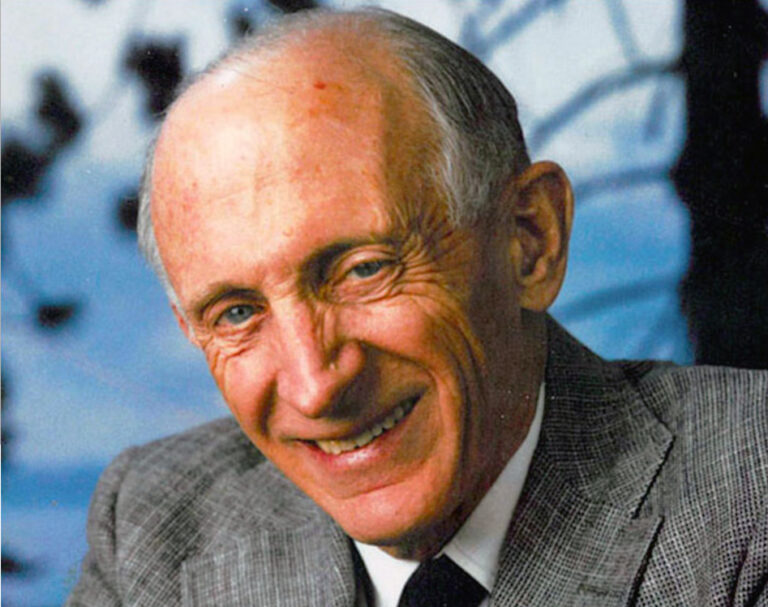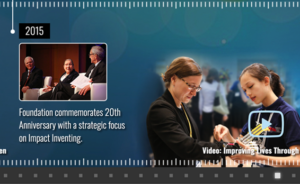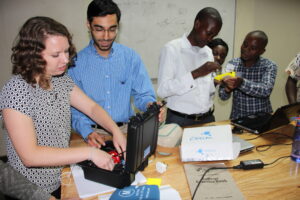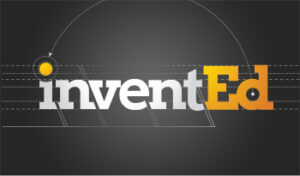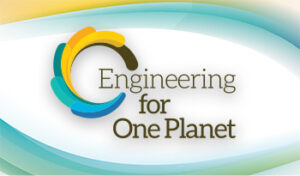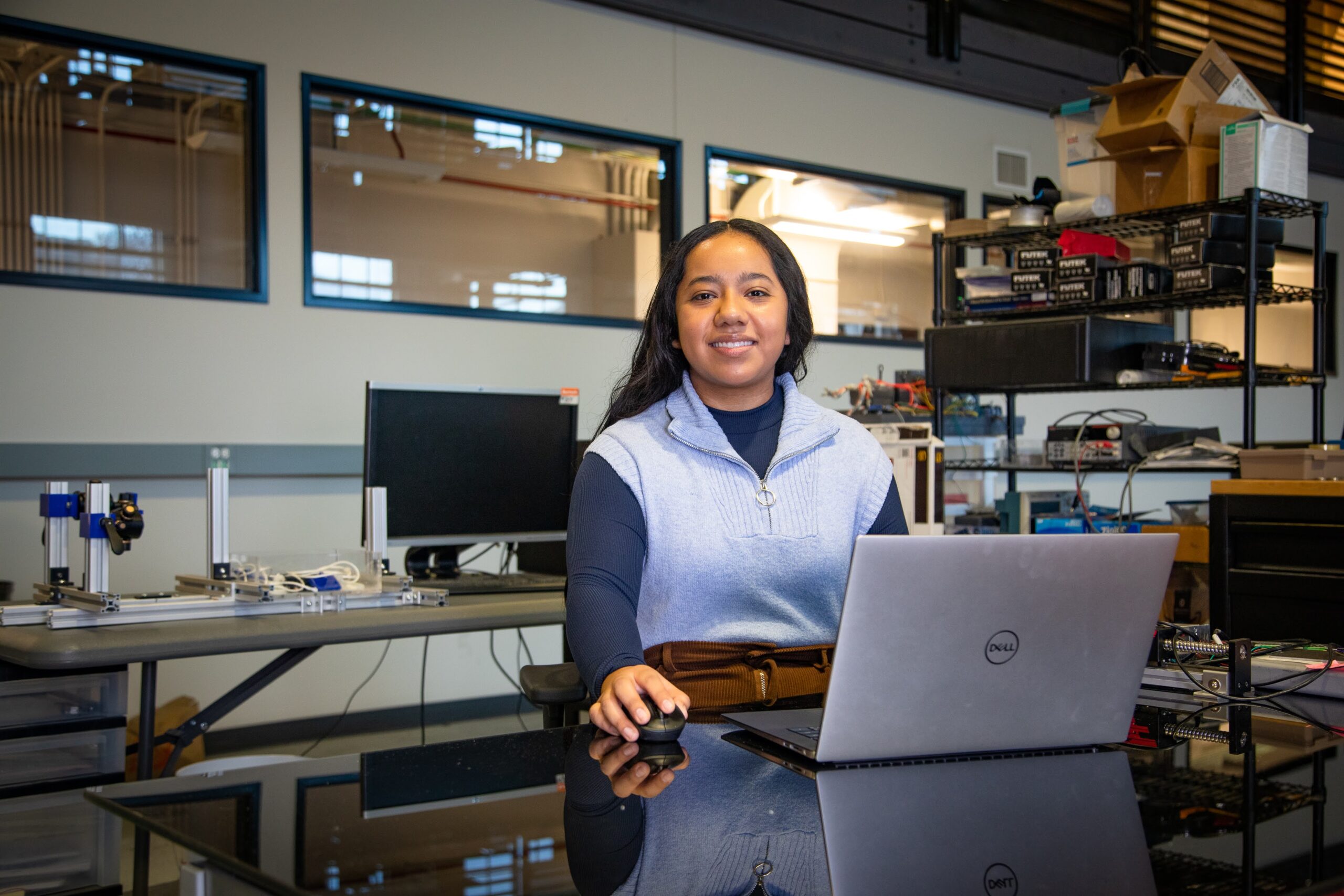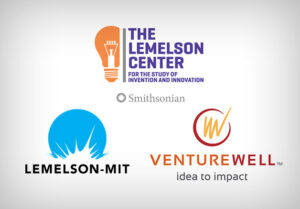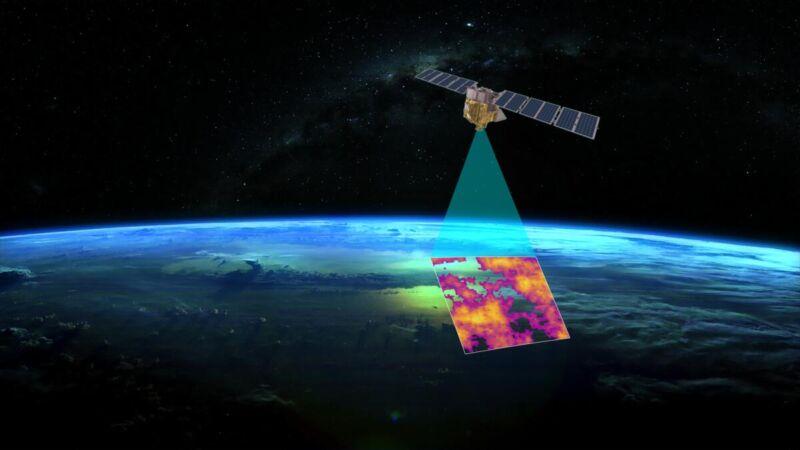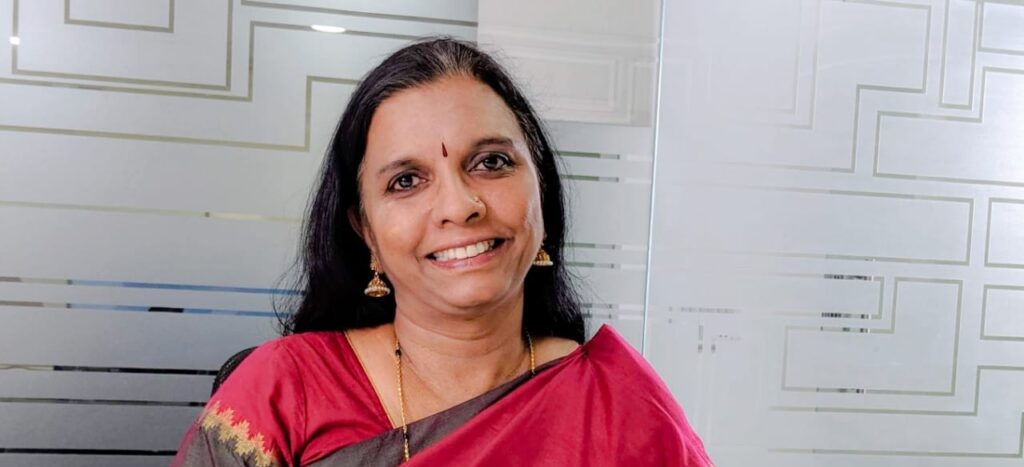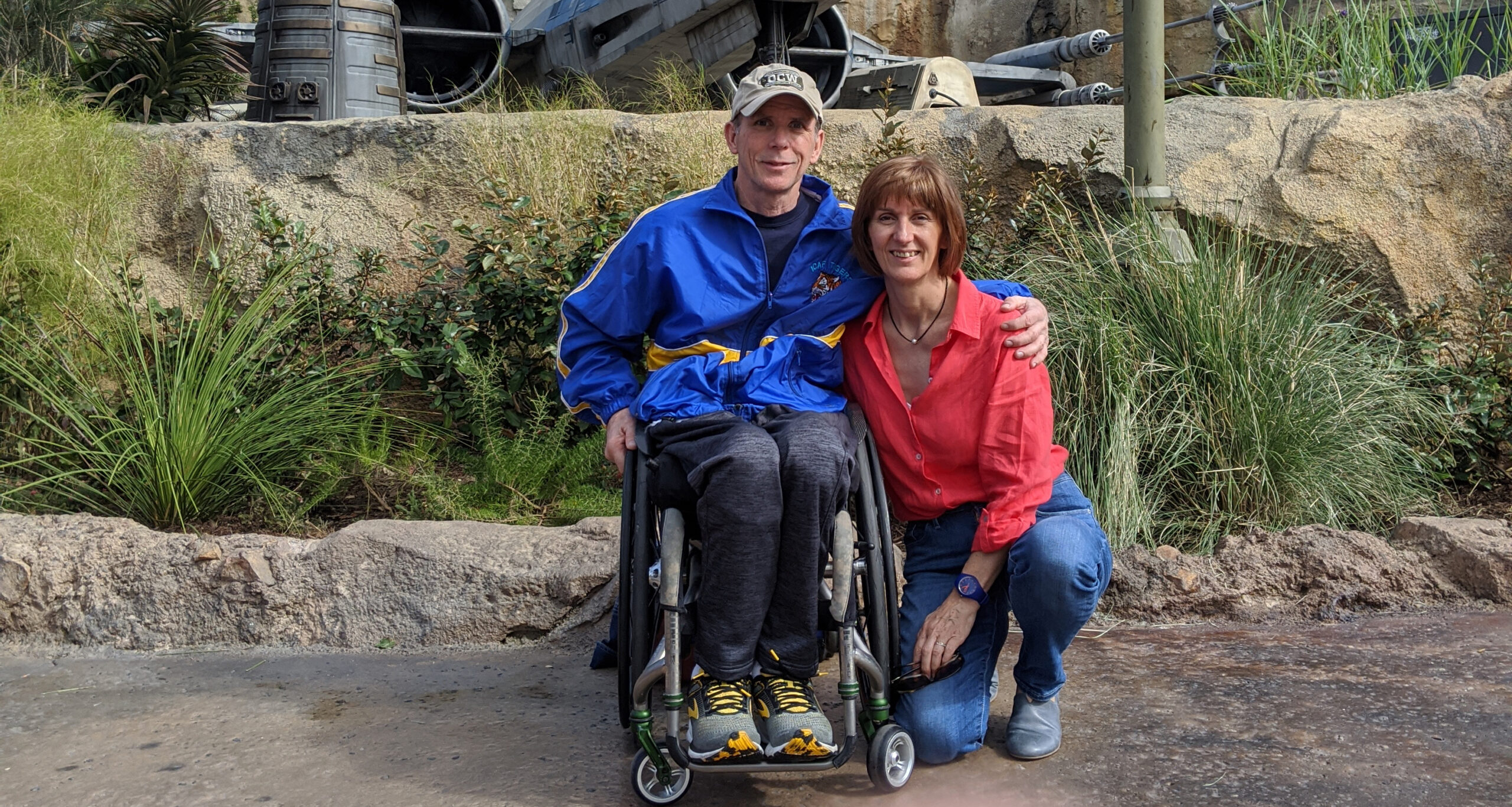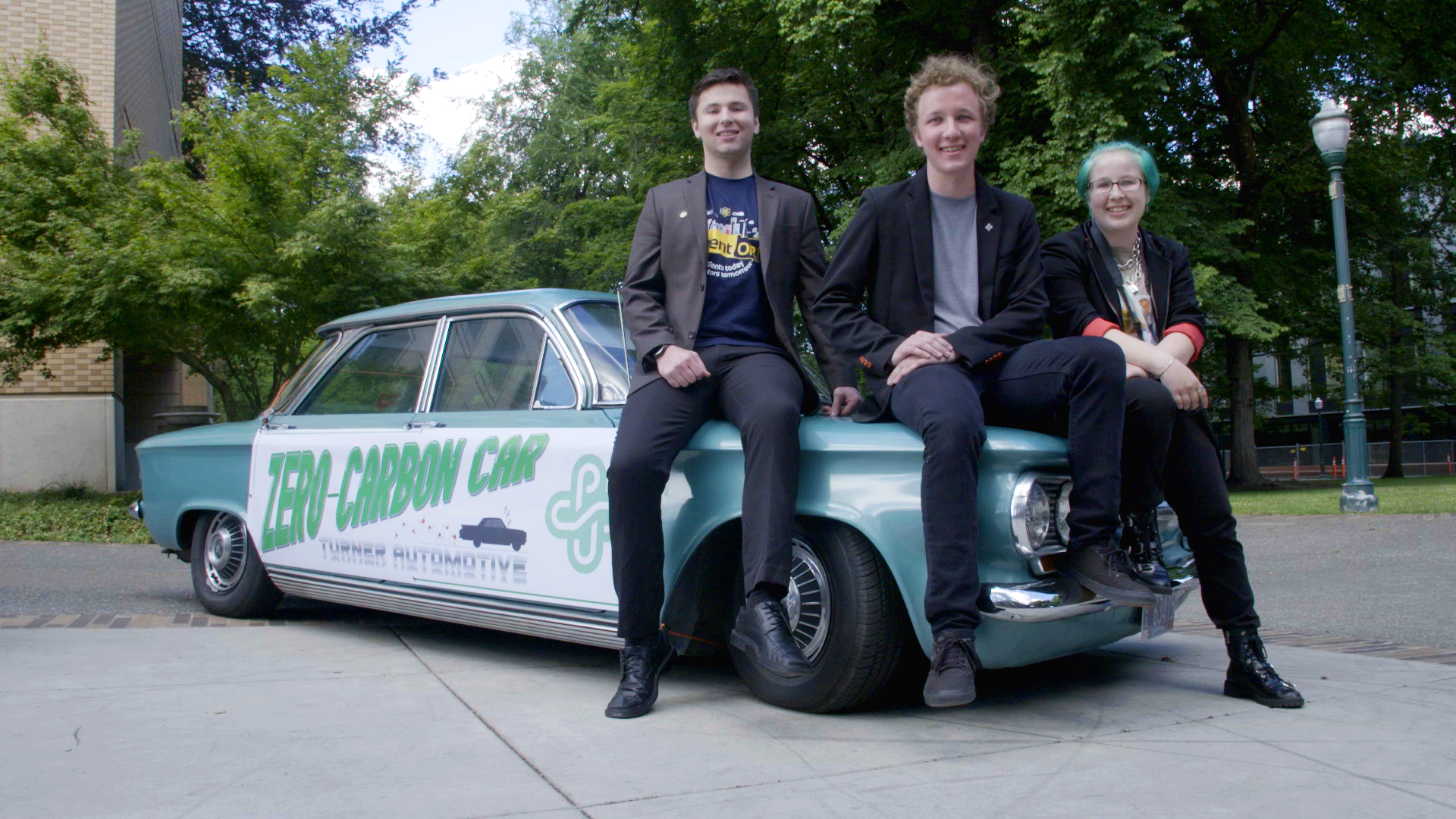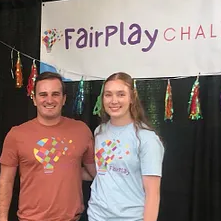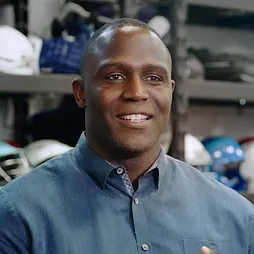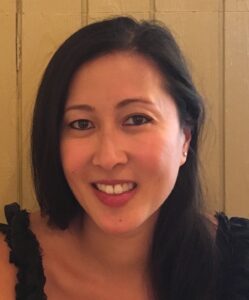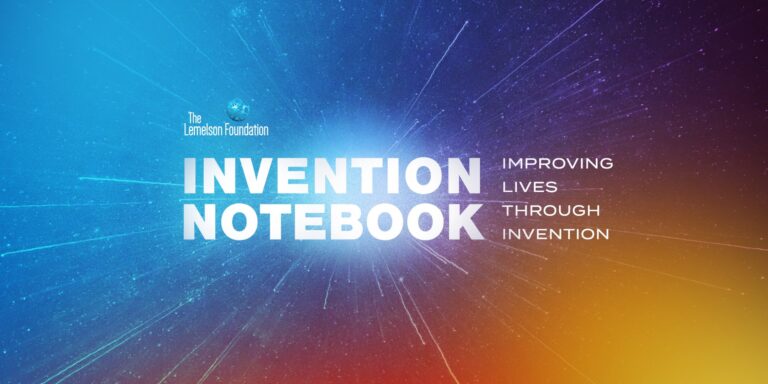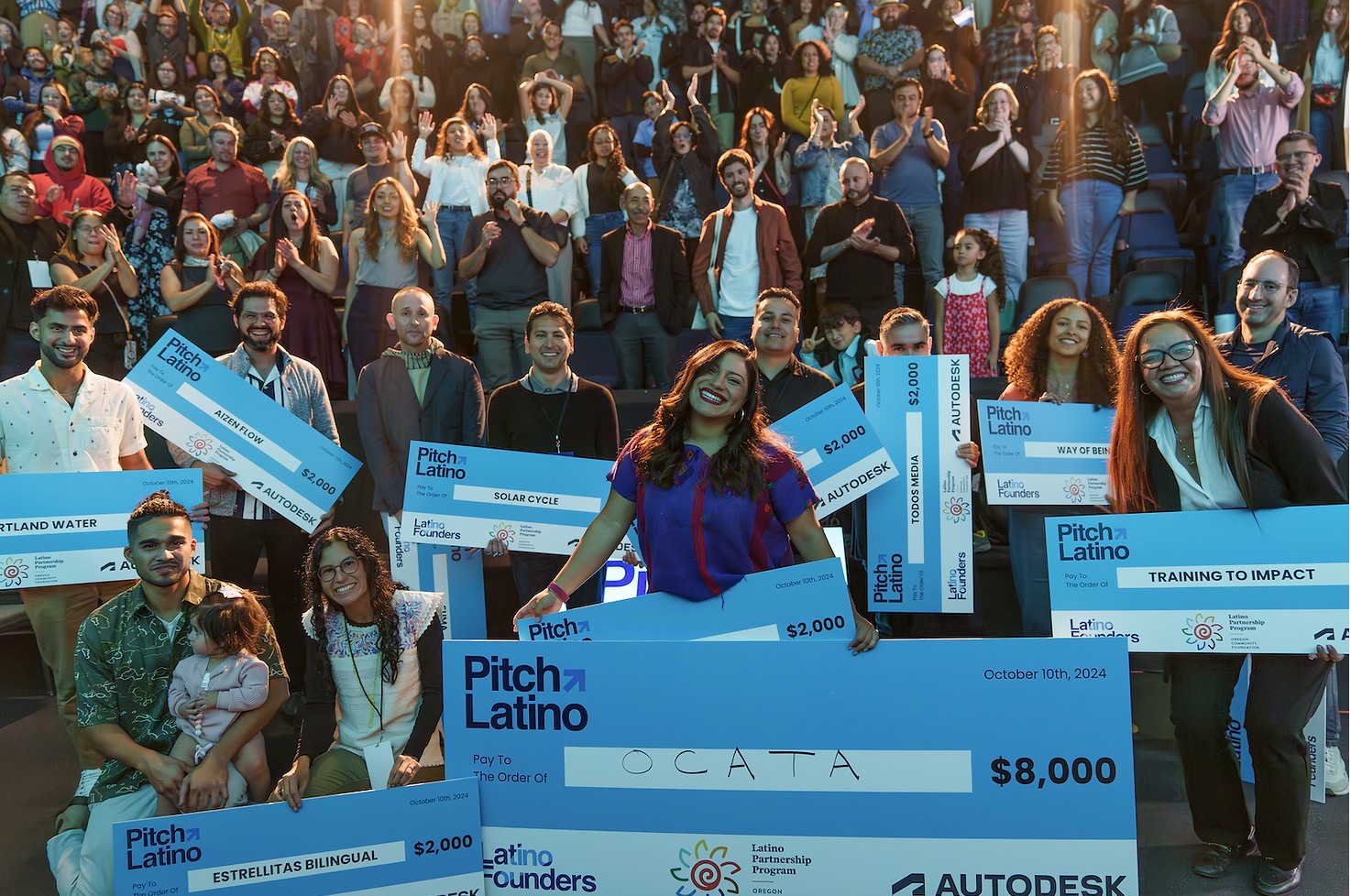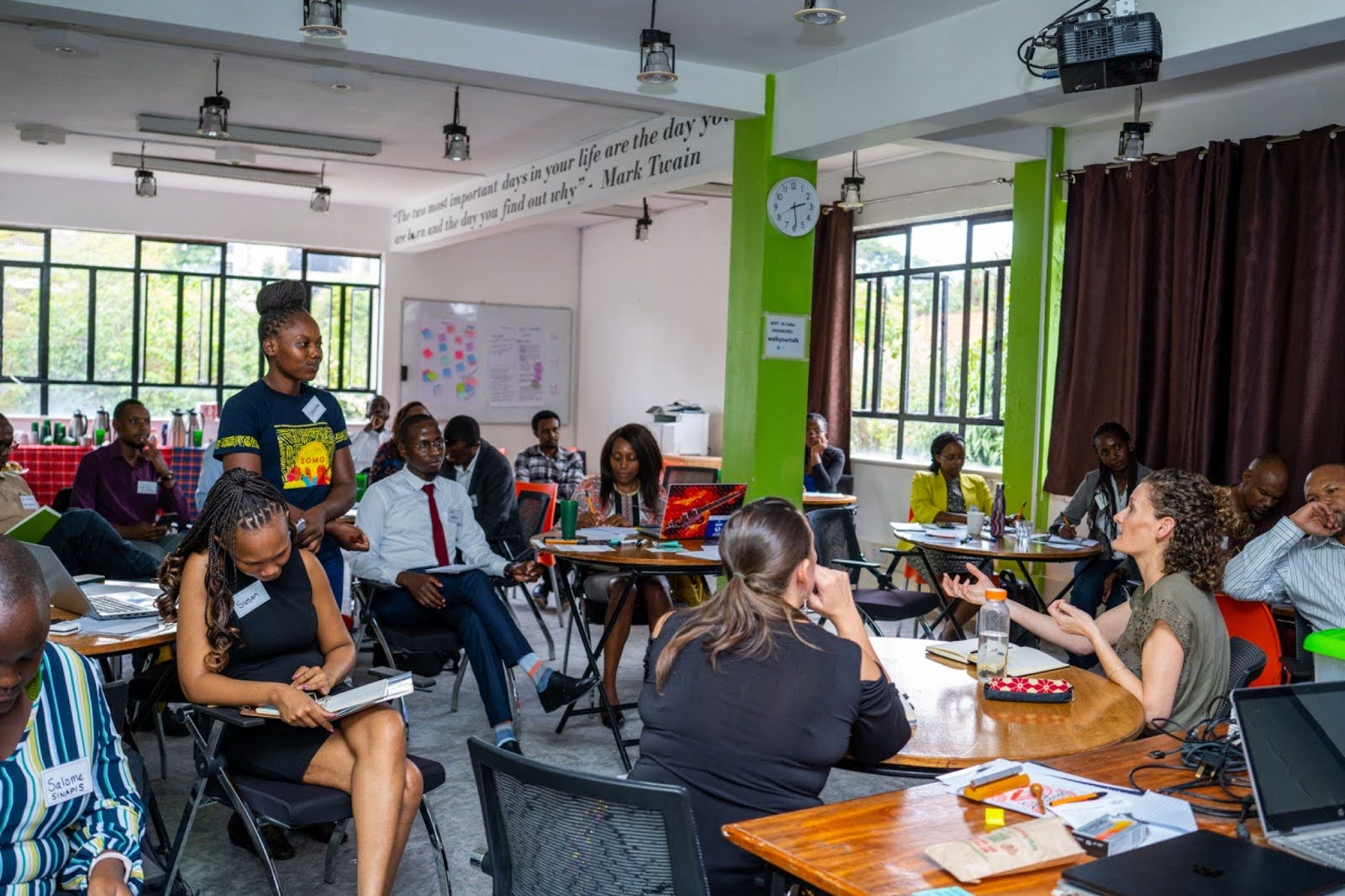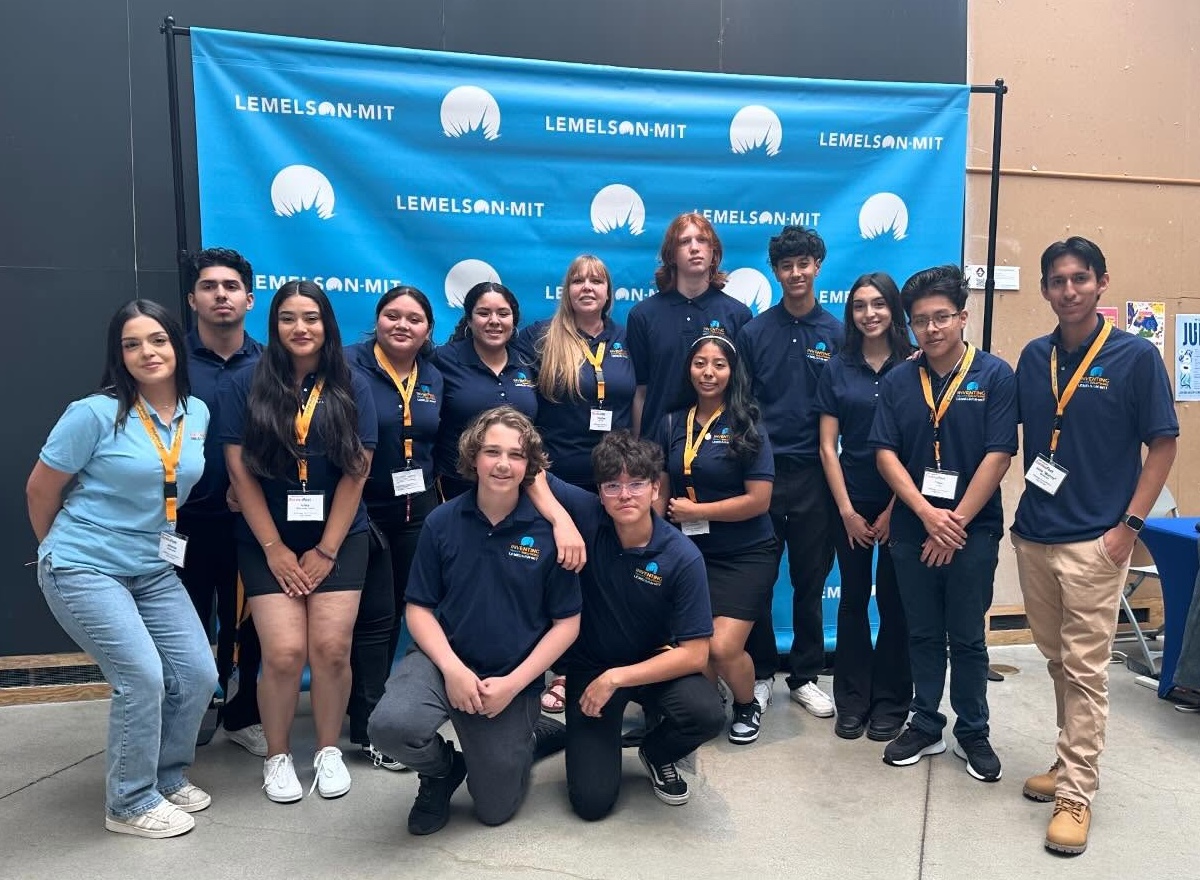These Inventor Entrepreneurs Are Solving Global Health Challenges
min read
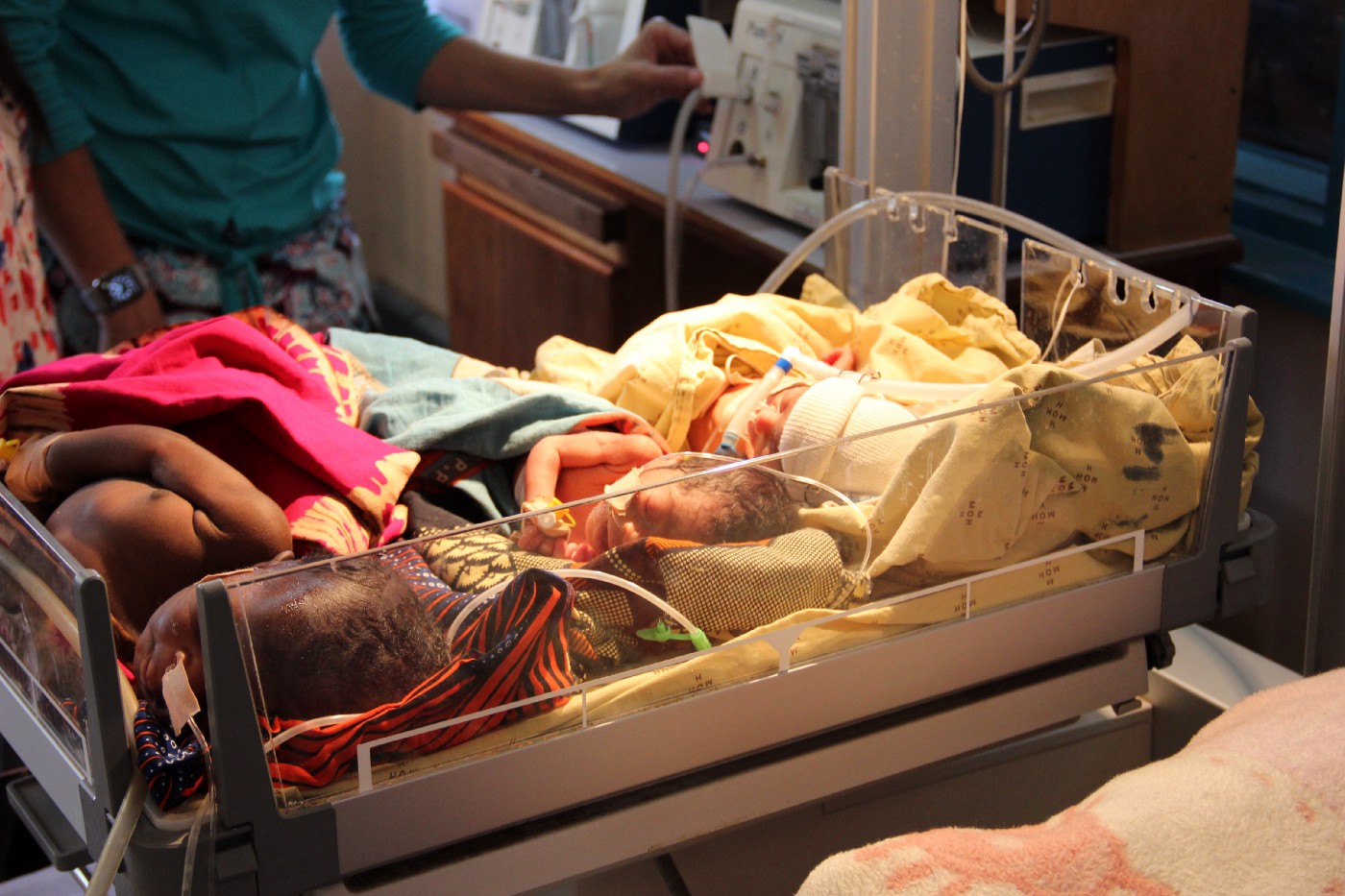
From better neonatal care to affordable and accessible diagnostics, invention-based businesses are addressing health disparities and spurring economic growth.
Whether COVID-19 or pneumonia, blindness or jaundice, many health conditions can be improved or even prevented when people have access to the right care. But according to the United Nations, less than half of the global population is covered by essential health services.
In the Global South, where the pandemic has weakened both health and economic gains made over the past decade, that gap is critical. Deaths from diseases like malaria and tuberculosis are expected to spike. And the World Health Organization (WHO) reports that for the first time in 20 years, global poverty levels are predicted to rise and hinder progress toward the UN’s Sustainable Development Goals (SDGs), including the Goals tied to human health.
This leaves a lot of work to be done over the next decade. But there are not enough trained doctors, nurses and other health workers, nor the facilities needed to make healthcare globally affordable or accessible. Developing that kind of infrastructure in the countries that need it most is not something that can be done quickly, even if all the resources were made available.
So how do we harness momentum and reverse these trends before time runs out? One way is to invest in and prioritize support for invention-based, small and growing businesses based in low-and-middle-income countries.
Innovation and technology can play an essential role in global health, disrupting the way that healthcare has been delivered and what services can be made available in remote settings. Low-cost medical technologies built for the local context can better address the urgent needs — like maternal and child health care and treating and preventing infectious and non-communicable diseases — of communities at the base of the pyramid.
Last year, two months before WHO declared COVID-19 a pandemic, it published a list of the top global health threats of this decade. While improving pandemic preparedness was part of the list, so were other urgent concerns, like the need to make health care more equitable, expand access to medicines, address issues like anti-microbial resistance, and better capitalize on emerging health technology.
And in many of these cases, both in resource rich and low-and-middle income countries, the solutions can be found in invention-based businesses and the products and ideas they generate.
Invention-based small and growing businesses represent a viable and sustainable option for mitigating global health disparities and creating lasting social and economic impact. They provide employment opportunities and strengthen local supply chains, and can help build economic resiliency during times of global disruption like the COVID-19 pandemic.
There is growing recognition that along with unique potential, these businesses also have unique needs in order to flourish. To that end, impact investors, donor agencies and philanthropic foundations are beginning to create a more supportive ecosystem for them with tools and mechanisms designed to help shrink current investment gaps between R&D-driven innovators and capital markets.
We’ve spotlighted six companies that exemplify the power of invention-based businesses in developing countries, many of which have received investment and incubation from groups who are actively working to build this ecosystem, like Menterra, TEAMFund and Villgro Africa.
The innovative technology and solutions created by the companies below represent a vital piece of the effort to sustainably solve the problems of human health and wellbeing in the next ten years.
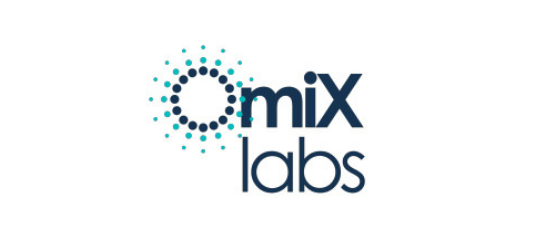
Earlier Disease Detection and Diagnosis Through Low-Cost DNA Testing
When Sudeshna Adak founded OmiX Labs in Bangalore, India, in 2014, her focus was on rapid detection and treatment of urinary tract infections, which have a high occurrence rate in low-income populations in India. And in India — as well as elsewhere in the world—there is a growing resistance to the antibiotics used to treat them. To address these issues, Adak and her team developed a disposable kit for detecting drug resistance in genetic material found in blood or urine. Using a form of testing known as molecular diagnostics, the OmiX technology platform is not only cost-effective and quicker than others, but is also designed for non-laboratory settings. These characteristics have attracted both investors and the Indian government, which selected OmiX as one of ten companies whose low-cost diagnostic kits have been used to detect and diagnose COVID-19.
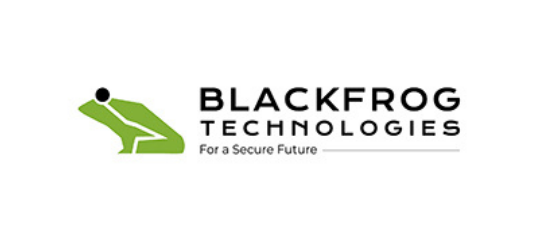
Preserving Vaccines and Blood Samples Through More Effective Transport
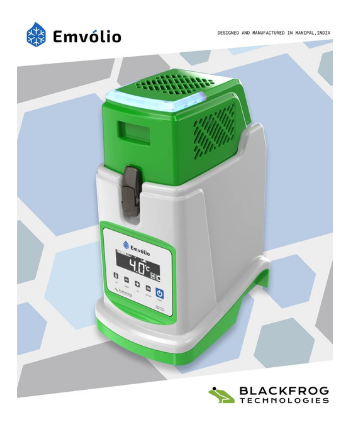
Based in Manipal, India, Blackfrog Technologies is a pioneer in low-cost, medical-grade refrigeration. Co-founder Mayur Shetty and his team have patented a cold storage solution designed for transporting and remote monitoring of vaccines, blood, breast milk and other biological specimens. The device is battery powered, inexpensive and built specifically to maintain a pre-set temperature for up to 12 hours for last-mile transport of vaccines to hard to reach places. This can be game changing compared with the standard ice box transportation system, which can ruin sensitive specimens by either not keeping them frozen or by making them too cold. Blackfrog is currently running pilot programs with a network of partners that work in last mile healthcare services to collect the performance comparison data needed for WHO certification, and looking to expand manufacturing to realize economies of scale and hit market traction milestones.
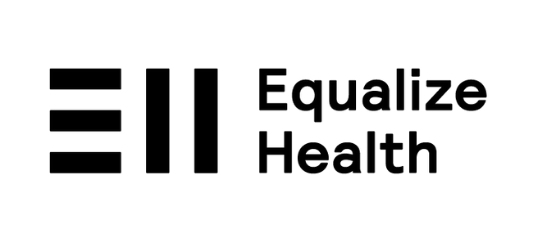
Saving Babies with Better Neonatal Care Solutions
Equalize Health designs affordable medical products to try to close the biggest healthcare opportunity gaps. These include a phototherapy technology for jaundice that has saved thousands of newborn deaths and prevented disabilities, and a neonatal continuous positive air pressure (CPAP) machine that treats respiratory distress syndrome (RDS). RDS affects 20 percent of newborns in India, compared with less than two percent in the United States. Formerly known as D-Rev, Equalize Health is made up of a global team of designers, engineers, medical professionals and business minds based in India, Kenya and the United States, creating a collaborative approach to sustainable health gains.
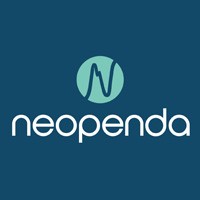
Making Newborn Monitoring Easier in Stressed Health Care Facilities
Traditional medical equipment isn’t designed for the majority of the world’s population. That fact is what drives Neopenda, a Chicago-based medical technology company working in East Africa, to develop innovative, needs-based products for underserved populations in an impactful and sustainable way. Their wearable monitoring device for newborns, called neoGuard, aims to reduce rates of infant mortality by measuring multiple vital signs and sending that information to a central dashboard. This provides critical, real-time data when infants are in distress for settings where there is not enough health care workers to go around. And neoGuard is built specifically for resource-limited environments, working without Internet or the need for a continuous power source. The company raised a seed round of funding in 2019 to begin manufacturing and commercializing the product, and had its first purchase order from a regional distributor. Early in the pandemic, neoGuard was also adapted for monitoring of COVID-19 patients.

Providing Affordable and Accessible Diagnostics
An AI-based platform that builds affordable, accessible and crucial diagnostics for health care facilities throughout Africa, Kenya-based Ilara Health provides life-saving tests and tools such as portable ultrasound machines, an EKG app and simple devices that measure lipids and hemoglobin. Founded by an interdisciplinary team of entrepreneurs, Ilara’s solutions target both infectious diseases that lead to millions of preventable deaths on the continent, and the growing toll of non-communicable diseases like high blood pressure, diabetes and heart disease. The company has received millions in venture capital funding and a grant from the Bill & Melinda Gates Foundation to make its low-cost diagnostic equipment available across Africa.
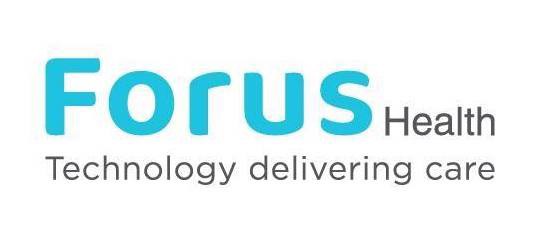
Combatting Blindness Through Affordable, Advanced Technology
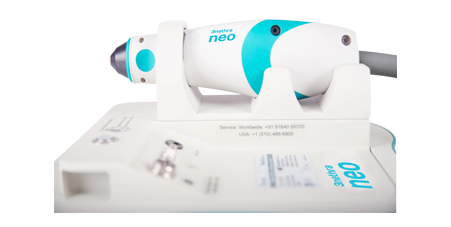
Founded in 2010 and based in Bangalore, India, Forus is a medical technology company that strives to eradicate preventable blindness by providing technological solutions that are affordable and accessible to both urban and rural communities. Forus uses Cloud-based telemedicine platforms and portable high-resolution cameras for the human eye in countries where access to vision care for many people is limited, including Ethiopia, the Philippines, Guatemala, Mexico and Myanmar. Among their products is a device for screening retinopathy of prematurity (ROP), a potentially blinding condition that affects premature babies, and technology that detects cataracts and other conditions that can lead to vision loss and blindness if untreated. Forus now has more than 100 employees, nearly $20 million in funding and a partnership with Microsoft as part of its AI Network for Healthcare.

Important Disclaimer: The content on this page may include links to publicly available information from third-party organizations. In most cases, linked websites are not owned or controlled in any way by the Foundation, and the Foundation therefore has no involvement with the content on such sites. These sites may, however, contain additional information about the subject matter of this article. By clicking on any of the links contained herein, you agree to be directed to an external website, and you acknowledge and agree that the Foundation shall not be held responsible or accountable for any information contained on such site. Please note that the Foundation does not monitor any of the websites linked herein and does not review, endorse, or approve any information posted on any such sites.

